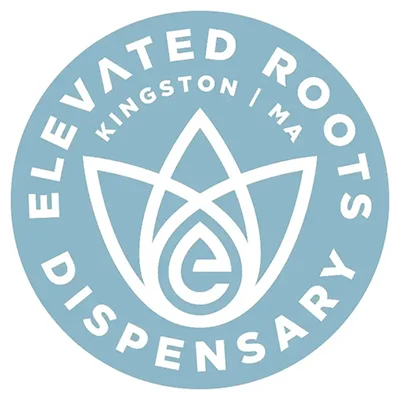
This week, Elevated Roots continues its weekly blog focusing on all of the news surrounding the ever-changing cannabis industry in Massachusetts.
BORAT NOT HAPPY WITH BILLBOARD
This one speaks for itself…
Sacha Baron Cohen sues Mass. dispensary for billboard using his image
SENATORS PUSH FOR MARIJUANA LEGALIZATION AT THE FEDERAL LEVEL
FROM ABC NEWS:
For the first time in history, some Senate Democrats on Wednesday moved to decriminalize marijuana at the federal level, proposing to the remove cannabis from the federal list of controlled substances.
Senate Majority Leader Chuck Schumer, one of the leaders of the effort, promised to use his “clout” to make decriminalization a Senate priority.
GOV. BAKER APPOINTS ROY TO CCC
From the Framingham Source (via the Governor’s Office):
Massachusetts Governor Charlie Baker today, July 12, named Kimberly Roy as the gubernatorial appointee to the five-member Cannabis Control Commission, charged with regulating both the adult use and medical marijuana industries.
Roy currently serves as Director of External Affairs for Sheriff Lew Evangelidis and the Worcester County Sheriff’s Department. In this capacity she oversees the Department’s Face2Face substance misuse prevention and education program in partnership with local school districts.
Gov. Baker Appoints Roy to Massachusetts Cannabis Control Commission
PRECISION HIGHS FROM ALGORITHMS?
From the Portland Press Herald:
Cannabis is often positioned as an alternative to mainstream medicine. To keep up, some companies are now trying to fine-tune their offerings to remove the unpredictability long associated with marijuana.
From an electronic pot-recommendation program launched last month by Columbia Care to DNA analysis by startups such as Endocanna Health, the industry aims to create products akin to personalized or precision medicine, optimized based on genetics, lifestyle or even what kind of experience users want to have. Algorithms that can do so are seen as a holy grail for the cannabis industry, quelling the fears of first-timers and satisfying connoisseurs alike.
“This kind of technology could be a potential game-changer for plant-based medicines, including the cannabis industry,” Samoon Ahmad, a professor of psychiatry at NYU Grossman School of Medicine and co-author of “Medical Marijuana: A Clinical Handbook,” told me in an email exchange. “Going back more than 100 years, researchers have been frustrated by how unpredictable a user’s experience with different samples of cannabis can be.”
Columbia Care, a New York-based multistate operator with expertise in medical cannabis sales, saw a big gap in the market when it came to matching customers to different plant strains. Jesse Channon, the company’s chief growth officer, said it took about a year to develop its recommendation program, known as Forage.io.
Forage, which resembles an app and is available online or on kiosks in its stores, asks users questions as simple as “How do you want to feel today?” A digital “mood ring” helps the customer indicate what they want to experience, and then the questions determine what kind of format they want to consume it in.
“It’s like a guided discovery experience,” Channon said. It can take sales staff years to master the kinds of recommendations that Forage can now help all employees make quickly in its dispensaries. The program, which the company plans to roll out to almost 100 dispensaries, has also served as a conversation-starter with customers, he said.
https://www.pressherald.com/2021/07/12/precision-pot-technology-takes-aim-at-unpredictable-highs/


